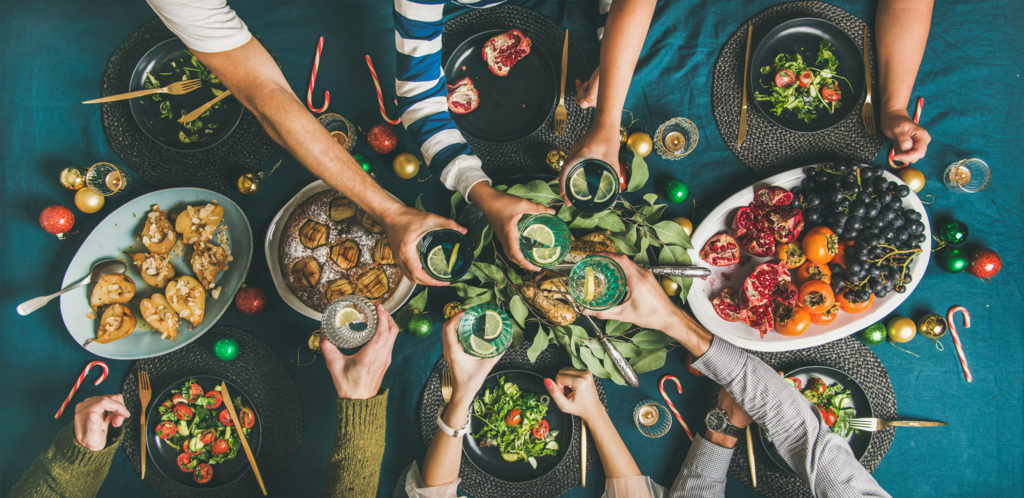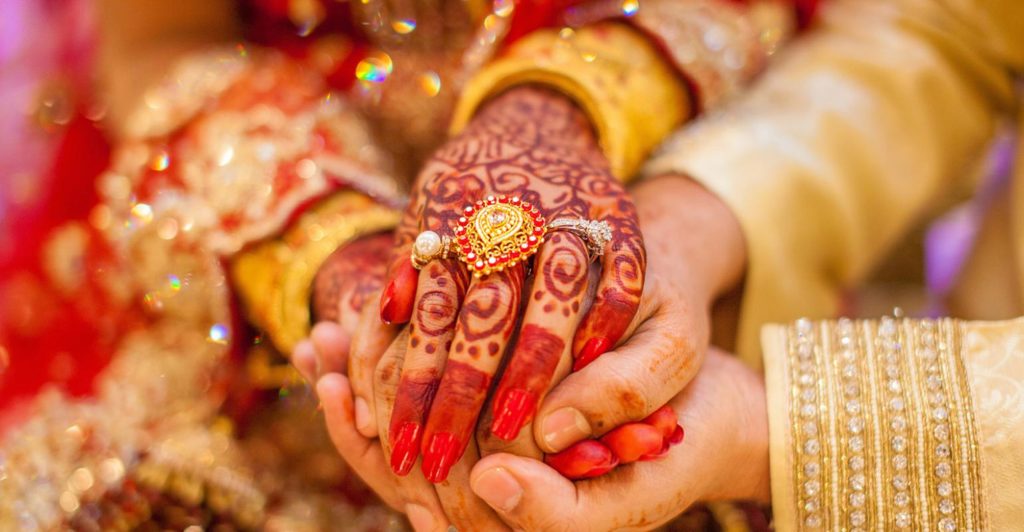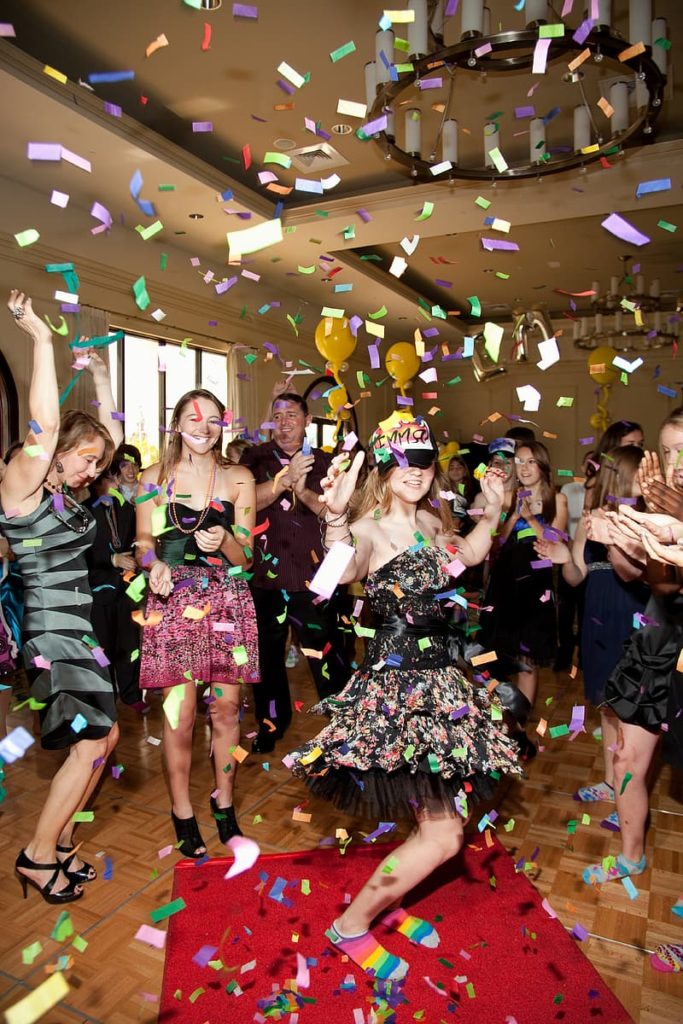Are superstitions really just irrational beliefs stemming from misinterpretations of the past? Is it true that most people refuse to believe in these insignificant myths?
Imagine this: You are setting up the table for a party, with the fork on the left, the knife on the right, the wine glasses right above the knife and the side plate beside the fork…But suddenly, you knock over the salt cellar. What’s your first reaction? Are you just going to pick it up and put it back where it belongs? Or, are you going to throw a pinch of salt over your left shoulder?
Believe it or not, superstition follows you even to the dinner table.
Never Have Thirteen People At The Table For Your Dinner Party

Even if the number 13 is plagued by a bad reputation, this superstition does not entirely stem from triskaidekaphobia.
It goes back to the Last Supper, where Jesus sat down to eat and drink with his twelve disciples. The supper included 13 people, one who was betrayed, arrested and then crucified.
Another popular belief comes from a Norse legend where Loki, the 13th person, crashed a dinner composed of 12 people and one of them ended up dead. Since then, seating thirteen people at the table meant offering one person in the mouth of death. Even the Queen of England always makes sure she never has 13 people at her dinner table.
Do Not Place Bread Upside Down On The Table

Legend has it that upside-down bread can bring bad luck and attract evil eyes. Let’s hear out the story behind this superstition:
“In the Medieval age, when criminals received capital punishment, an executioner was called in. The executioner did not have time to stop by the bakery to pick up his daily loaf of bread on the day of the execution. As a result, the baker would set aside a loaf for the executioner and he would turn the loaf upside down to differentiate it from the others. Other customers, aware of that fact, refrained from touching it for fear of catching bad luck and evil eye.”
This is how the upside-down bread was linked with bad omen.
Now, if a Christian happened to touch that bread, the loaf had to be marked with a cross before it is eaten.
Spilled A Glass Of Wine? That’s Great!
No one wants to make embarrassing mistakes, holding a wine glass in the wrong way or spilling wine on the table (most probably on an expensive table linen).
But, in Portugal, many believe that spilling wine at the dinner table is a symbol of optimism and hope and can bring happiness.
Long Noodles Means Long Life

If you are planning an Asian-themed party, you ought to include a noodle dish on the menu; it’s a must!
While kimchi and spicy, tangy sauce have to be served with the noodles, serving them properly takes the priority. As per the Asian culture, long noodles represent long lives and if you cut the noodles before serving them, it’ll be like cutting your life short.
Dropping Silverware

The exact origins of the following superstitions are unknown, but they say:
- If you drop a fork, a woman will come to visit.
- If it’s a knife, a man will come to visit.
- However, if it’s a spoon, it’ll be a kid.
Using Chili Peppers

Many cultures around the world associate red chilies with supernatural powers and often use them as amulets.
In India, you can even have a dining party table arranged with a bowl filled with fresh chilies. The aim behind it is to protect the house or the dinner from evil eye and gossipers.





